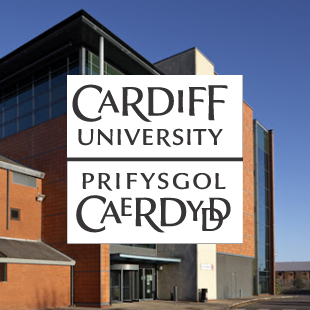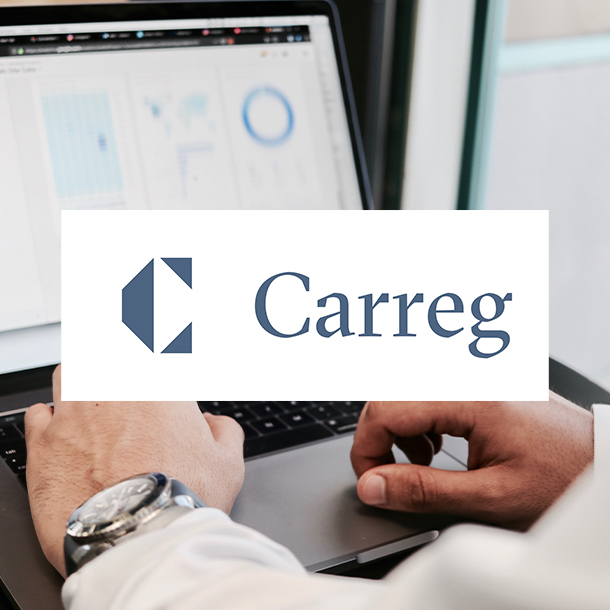Capestone Organic
Project: Feasibility Report for a West Wales Poultry Farm
Time Frame: 6 weeks
My Role: User researcher and consultant
Working for: Andrew Miller, Head of Commercial and Production, Capestone Organic
Methodology: Qualitative research and desktop research.
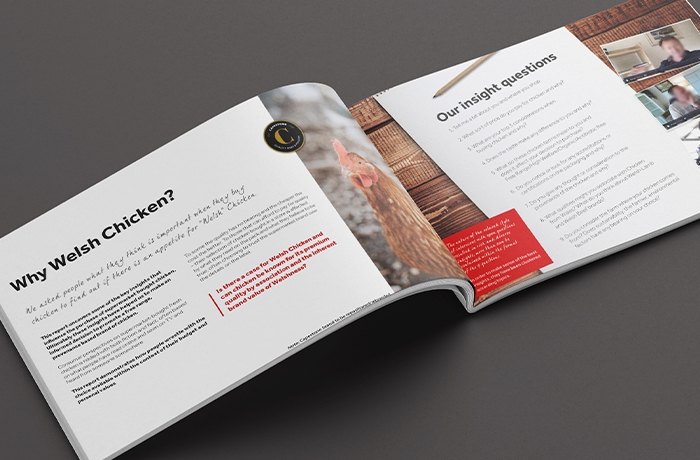
What happened:
Capestone Organic are a Pembrokeshire based farm selling Poultry to the higher end retailers and wanted to investigate the value of Welshness to consumers for marketing and branding purposes.
My research brought together the variety of phrases and terminology used in marketing poultry, organisations, accreditations and supermarket standards. All of this contributed towards an understanding of the landscape of commercial poultry.
We also drew valuable insight from the report produced by Food and Drink Wales called the Value of Welshness that gave us detail on freshness, quality and price and if consumers would pay more for Welsh. Staff were also invited to contribute their thoughts and ideas to a Welsh brand as we were investigating the brand values alongside the research.
A competitor shop of all poultry in the top 5 supermarkets was done to capture price and point of sale, as well as pack descriptions and branding.
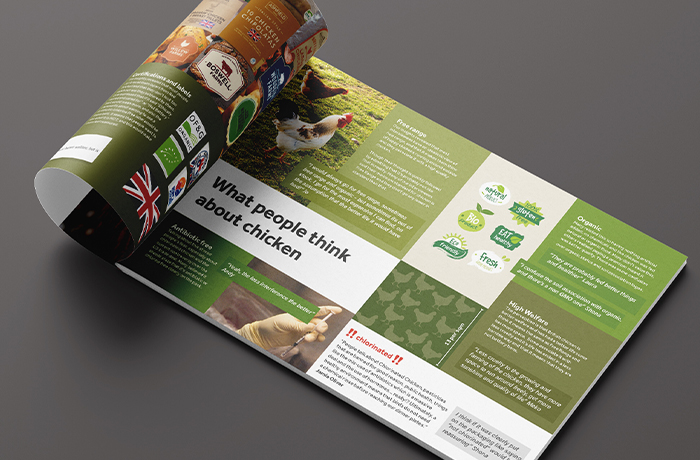
After this, insight interviews were conducted with a cross section of different consumers across England and Wales to discover their perspectives and values on poultry, shopping habits, Wales, accreditations, farms and meat brands. The insights were grouped into common themes and some powerful key phrases were captured, in support of the feasibility for Welsh poultry.
All of the insights and research were then consolidated into a concise and visually appealing report and presented to Andrew and the team at Capestone Organic to review and reflect on the feasibility for a potential Welsh Poultry brand.
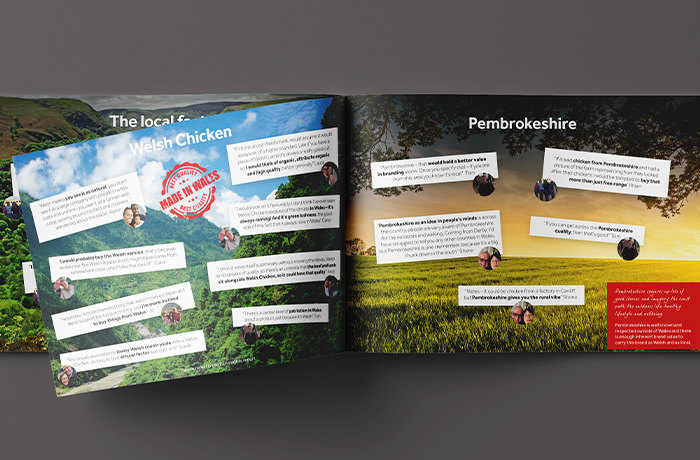
Outcomes:
The report helped Capestone to understand the market, decifer the brand architecture required and marketing approach to launch a new brand offer into supermarkets. Branding and pack designs were subsequently progressed to prototypes and the project continues to grow momentum.
What I learned:
- The style of the interviews with open questions, resulted in rich and diverse insights, more than could be contained within the planned format of 9 questions. This added more value to the research and helped the design of packaging and branding. It constantly surprises me when I work this way what else I can learn from insights and how I can use this for design and marketing.
- There are so many Welsh food and drink businesses wishing to leverage the value of Welshness within their brands. I believe it is worth it, but it needs to be done with consideration, integrity and honesty to be seen as authentic and worthy of a customer paying more or choosing it over another product. Putting a Welsh Dragon on a pack can be a cheap trick that can damage a brand if it’s not done well.
- A business that is considering diversifying is wise to get a feasibility study done before investing time and energy on new plans and ideas. I learned that even if feasibility is proved, a business has many factors to consider, especially on a farm where external factors are not always foreseeable. Core business operations are crucial to the strategy of launching a SaaS.
